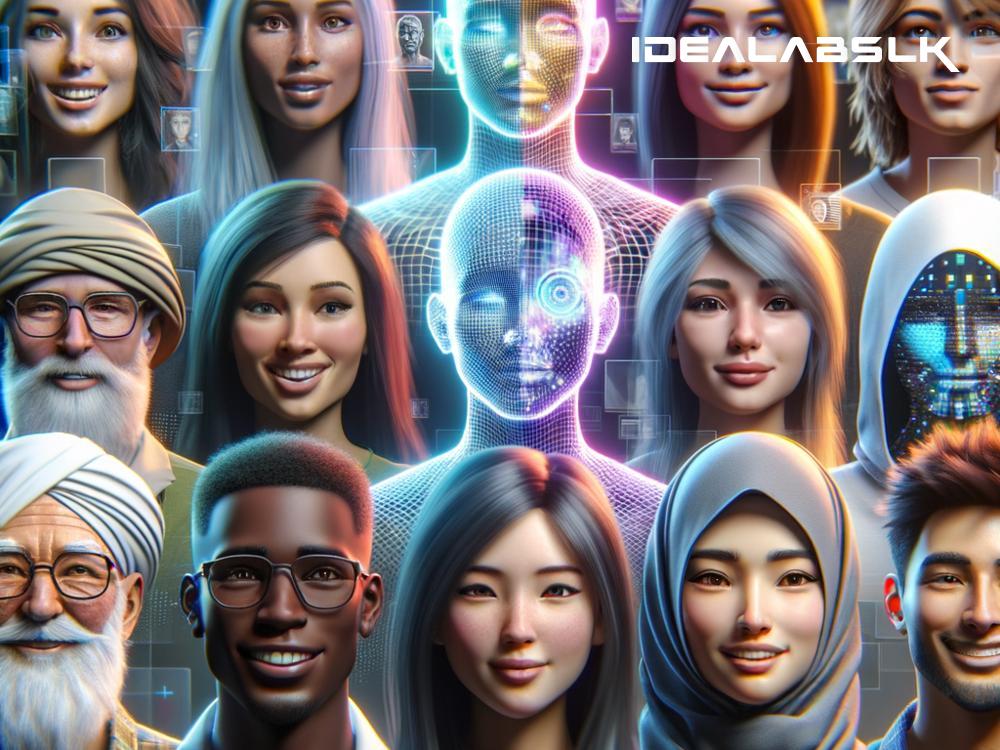Title: The Future of Social Spaces: How AI Will Reshape Our Virtual Worlds in 2024
As the digital era progresses, we are witnessing a significant transformation in how we interact, play, and socialize online. PlayStation Home, an innovative platform by Sony, once provided gamers and virtual explorers a unique space to meet, interact, and embark on engaging digital experiences. As we look into the future, specifically at the horizon of 2024, the buzz around PlayStation Home 2 and similar virtual worlds is impossible to ignore. A key driving force behind this evolution is Artificial Intelligence (AI), and it’s set to redefine our virtual social spaces in ways we’ve only started to imagine.
Seamless Integration and Personalization
Imagine logging into PlayStation Home 2 and being greeted by an environment that instantly adapts to your preferences and history. AI, with its learning capabilities, will enable these virtual spaces to offer personalized experiences on-the-fly. This could range from suggesting events to join, games to play, or even creating digital avatars that represent your real-world style. The depth of personalization will make each user's experience distinctly unique, fostering a deeper connection to the virtual world.
Smarter, More Lifelike NPCs
Non-player characters (NPCs) in virtual worlds have traditionally been limited to pre-programmed responses and actions. With the advent of AI, NPCs in social spaces like PlayStation Home 2 will become more dynamic, boasting a level of unpredictability and intelligence that mirrors human interaction. These AI-driven NPCs can serve as guides, storytellers, or even companions, making the virtual world feel more alive and engaging.
Enhanced Communication and Understanding
One of the challenges in current virtual worlds is the limitations of text-based communication. AI in 2024 is poised to revolutionize this by enabling more nuanced and natural interactions. Through advanced natural language processing, AI could translate real-time voice chat into multiple languages, breaking down barriers between players from different parts of the globe. Furthermore, AI-powered sentiment analysis could help moderate conversations, ensuring a safe and welcoming environment for all users.
Dynamic and Evolving Environments
Virtual worlds were once static, with changes and updates being implemented through patches and downloads. AI changes the game by allowing these spaces to evolve in real time, responding to the collective actions and preferences of its inhabitants. Imagine environments that change with the seasons, celebrate real-world events, or evolve based on the activities of the community. This dynamic nature powered by AI makes each visit to the virtual world a new discovery.
Predictive Analytics for Enhanced Engagement
Game developers and social space creators are always seeking ways to keep their platforms engaging. AI, with its ability to analyze vast amounts of data, can predict trends and user preferences with remarkable accuracy. In PlayStation Home 2, this might mean the introduction of new features, events, or content right when the community starts looking for something new, keeping the experience fresh and exciting.
Accessibility for All
AI has the potential to make virtual worlds more accessible to individuals with disabilities. From voice-controlled navigation for those unable to use traditional controllers to visual aides for the hearing impaired, AI-driven solutions can create inclusive environments where everyone can participate equally. By removing these barriers, PlayStation Home 2 could set a new standard for accessibility in virtual spaces.
The Ethical Dimension
As we embrace the wonders of AI in shaping future social spaces, it's essential to address the ethical considerations. Issues of privacy, data security, and potential misuse of AI need to be at the forefront of the development process. Ensuring that these virtual spaces remain safe, respectful, and inclusive is as important as the technological advancements that drive them.
Looking Ahead
As 2024 approaches, the possibilities for AI in virtual worlds like PlayStation Home 2 are as vast as the universes they aim to create. The blend of personalization, intelligent interaction, dynamic environments, and enhanced accessibility promises to make these spaces more than just a place to escape to; they could become an integral part of our social fabric, transcending the boundaries between the physical and the virtual.
AI is not just shaping the future of gaming; it's redefining how we connect, play, and exist in digital realms. As we stand on the brink of these exciting developments, one thing is clear: the future of social spaces in virtual worlds is bright, and it’s smarter than ever before.

